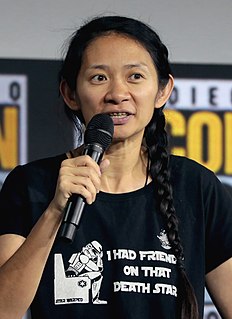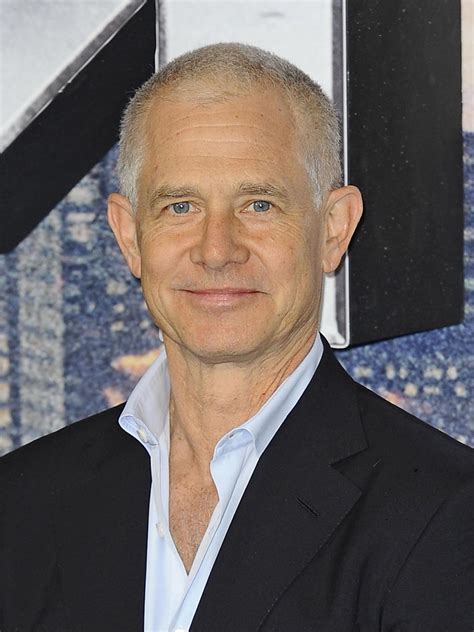A Quote by Kathryn Stockett
On the one hand I wonder, Was this really my story to tell? On the other hand, I just wanted the story to be told. But the truth is that I didn't think anybody was going to read it.
Related Quotes
A story is a way to say something that can't be said any other way, and it takes every word in the story to say what the meaning is. You tell a story because a statement would be inadequate. When anybody asks what a story is about, the only proper thing is to tell them to read the story. The meaning of fiction is not abstract meaning but experienced meaning.
The ‘experimental’ writer, then, is simply following the story’s commands to the best of his human ability. The writer is not the story, the story is the story. See? Sometimes this is very hard to accept and sometimes too easy. On the one hand, there’s the writer who can’t face his fate: that the telling of a story has nothing at all to do with him; on the other hand, there’s the one who faces it too well: that the telling of the story has nothing at all to do with him
I think that when I'm telling a story, I'm doing the best I can to tell the story as fully as I can, and if there are various fractures that happen in the story, then that's just the very thing that the story is as opposed to my looking for avenues of difference in one story. They just really do exist. For me, anyway.
When we're in the story, when we're part of it, we can't know the outcome. It's only later that we think we can see what the story was. But do we ever really know? And does anybody else, perhaps, coming along a little later, does anybody else really care? ... History is written by the survivors, but what is that history? That's the point I was trying to make just now. We don't know what the story is when we're in it, and even after we tell it we're not sure. Because the story doesn't end.
[Eugene Smith] was always writing these diatribes about truth, and how he wanted to tell the truth, the truth, the truth. It was a real rebel position. It was kind of like a teenager's position: why can't things be like they should be? Why can't I do what I want? I latched on to that philosophy. One day I snapped, hey, you know, I know a story that no one's ever told, never seen, and I've lived it. It's my own story and my friends' story.
It's only a story, you say. So it is, and the rest of life with it - creation story, love story, horror, crime, the strange story of you and I. The alphabet of my DNA shapes certain words, but the story is not told. I have to tell it myself. What is it that I have to tell myself again and again? That there is always a new beginning, a different end. I can change the story. I am the story. Begin.
I get up in front of a bunch of kids and say 'Hey, I'm gonna tell you a new story. Who wants to be in a new story?' Well some kid always sticks up their hand and that gives me a name, but it doesn't give me a story. I just say whatever comes to my mind and usually it's not that good. Every once in a while, however, I say something that turns into a really good story.
Too many writers think that all you need to do is write well-but that's only part of what a good book is. Above all, a good book tells a good story. Focus on the story first. Ask yourself, 'Will other people find this story so interesting that they will tell others about it?' Remember: A bestselling book usually follows a simple rule, 'It's a wonderful story, wonderfully told'; not, 'It's a wonderfully told story.'
I get hundreds of emails daily and a lot of feedback from people that are reading or have read my books. When I'm writing, or in my daily life, I just think of the work. I love to tell a story, but I might work with a story to make it the best I can without thinking of how many people will read it or if it will influence anybody.
I think the key for us is really letting the stories we feel are best told to kind of dictate where we go. When we find a story we really believe is one that should be told, how do we best tell it and you know what do we need to tell that story most effectively? I think to the good, the universe is such that there are a lot of options, there a lot of opportunities. So that's kind of what's guiding us.





































